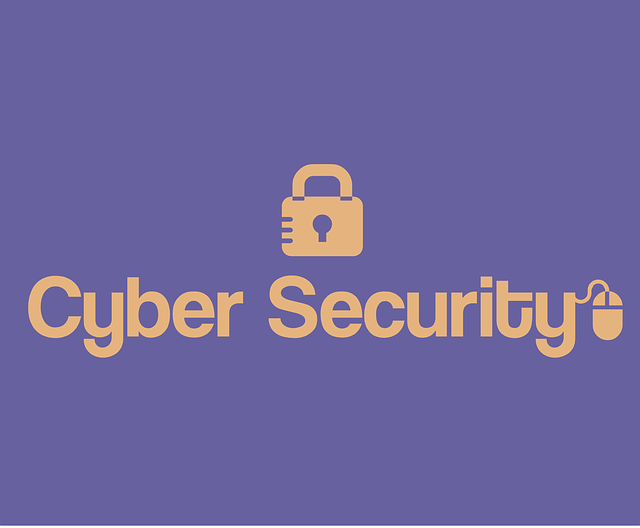
Public Wi-Fi allows your team to stay connected on the go. You have to be careful, though, because public Wi-Fi is notoriously unsecure. Cybercriminals could also log into the free network you use and access data on your devices, such as your login information or confidential client files. Exercise caution and stay safe in several ways as you use your laptop, tablet or smartphone on public Wi-Fi networks.
Verify the Network Name
Before logging in, research the network. Only log into Wi-Fi that originates from a legitimate source as you avoid a man-in-the-middle attack. For example, cybercriminals may name their network “Free Wi-Fi” or mimic the establishment’s name as a way to attract users. Ask the barista, librarian or other staff member to verify the name of their public Wi-Fi network before you log in.
Turn off File Sharing
Your team relies on file sharing, but this feature is lucrative for cybercriminals, too. That’s why you want to turn off file sharing when you use public Wi-Fi. This step protects your files and data you don’t want criminals to access.
Use a VPN
A virtual private network (VPN) encrypts data as it travels between your device and the server. Research free and paid VPN options, then add one to your devices for protection when you need it on the go.
Check for HTTPS
If you see a lock symbol and HTTPS in front of the website address in the status bar, you’re browsing a secure site. You can also use an HTTPS extension for extra protection.
Enable Two-Factor Authentication
With two-factor authentication, you add an extra layer of protection to your online browsing. Even if cybercriminals gain access to your password, they probably cannot get into your account since they need to enter a unique authentication code also.
Update Software
Browser and software patches can improve security. Make it a habit to install these patches when you’re connected to a trusted network. Never update software when you’re connected to public Wi-Fi.
Forget the Network
After your public Wi-Fi session ends, log off all the websites you were signed into and tell your device to forget the network. This step prevents cybercriminals from connecting to your device automatically the next time you’re in the network area.
Limit your Activity
It’s tempting to think that cybercrime couldn’t happen to you or that you can afford to be careless because you have cybercrime and business liability insurance. However, always use caution. Save sensitive or confidential work for when you’re on a trusted network.
Your company may utilize public Wi-Fi often to stay connected and get work done. Encourage your employees to use caution and follow these steps as they stay safe.
Read more

On Sept. 28, 2018, Facebook announced that nearly 50 million user accounts were compromised in a data breach. The breach, which can be traced back to July 2017, is one of the largest in the company’s 14-year history.
While investigations are ongoing, the company said hackers exploited a software vulnerability in Facebook’s "View As" feature to steal access tokens and gain control of user accounts. Access tokens are effectively digital keys to specific accounts, and stealing them allows attackers to view private posts or compose status updates without the knowledge of the affected user.
In addition, the attack allowed the hackers to see anything that users can see on their own profile, including the names and birth dates of friends and family members. Such information could be used in future phishing attacks.
In response to the attack, Facebook reset 90 million logins automatically, fixed the software vulnerability and informed law enforcement officials. While the company says that users do not need to change their passwords, individuals experiencing login issues should navigate to Facebook’s Help Center.
As a safety precaution, users are encouraged to log in and out of all of their accounts on every device. Users can see all of the devices they’re currently signed into here.
To learn more about the breach, read Facebook’s official blog post.
Read more

Over 700,000 people were estimated to have been admitted to the hospital during the 2017-18 flu season, according to the Centers for Disease Control and Prevention’s (CDC) Influenza Hospitalization Surveillance Network. What’s even more alarming is the fact that epidemic levels of influenza or pneumonia persisted for 16 consecutive weeks. Using the CDC’s new methodology, the 2017-18 flu season was the first flu season to be classified as high severity across all age groups.
Due to last year’s deadly consequences and prevalence, the CDC is urging everyone to take extra precautions for the upcoming flu season, including getting vaccinated against the flu by the end of October.
When is flu season?
Flu season typically runs from October to May. However, most flu cases occur between December and February. The vast majority of those who were hospitalized for the seasonal influenza last season weren’t vaccinated. That’s why the CDC is strongly recommending that you get vaccinated as early as possible.
What vaccinations are available?
Each year, the Food and Drug Administration works with the World Health Organization to create a vaccination that contains three or four different strains of the flu. Most of the shots available this year provide protection against four different flu strains. For the 2018-19 season, the nasal vaccination, FluMist, will be available again after not being recommended for use for the previous two flu seasons.
Who should get vaccinated?
The CDC recommends that everyone older than 6 months should get the flu vaccine.
Where can you get vaccinated?
You can get vaccinated against the flu at your doctor’s office, in a clinic or pharmacy, and sometimes, at your employer. Some urgent care clinics or local health departments will provide flu vaccines as well. Visit the HealthMap Vaccine Finder to locate where you can get a flu vaccine.
Read more



